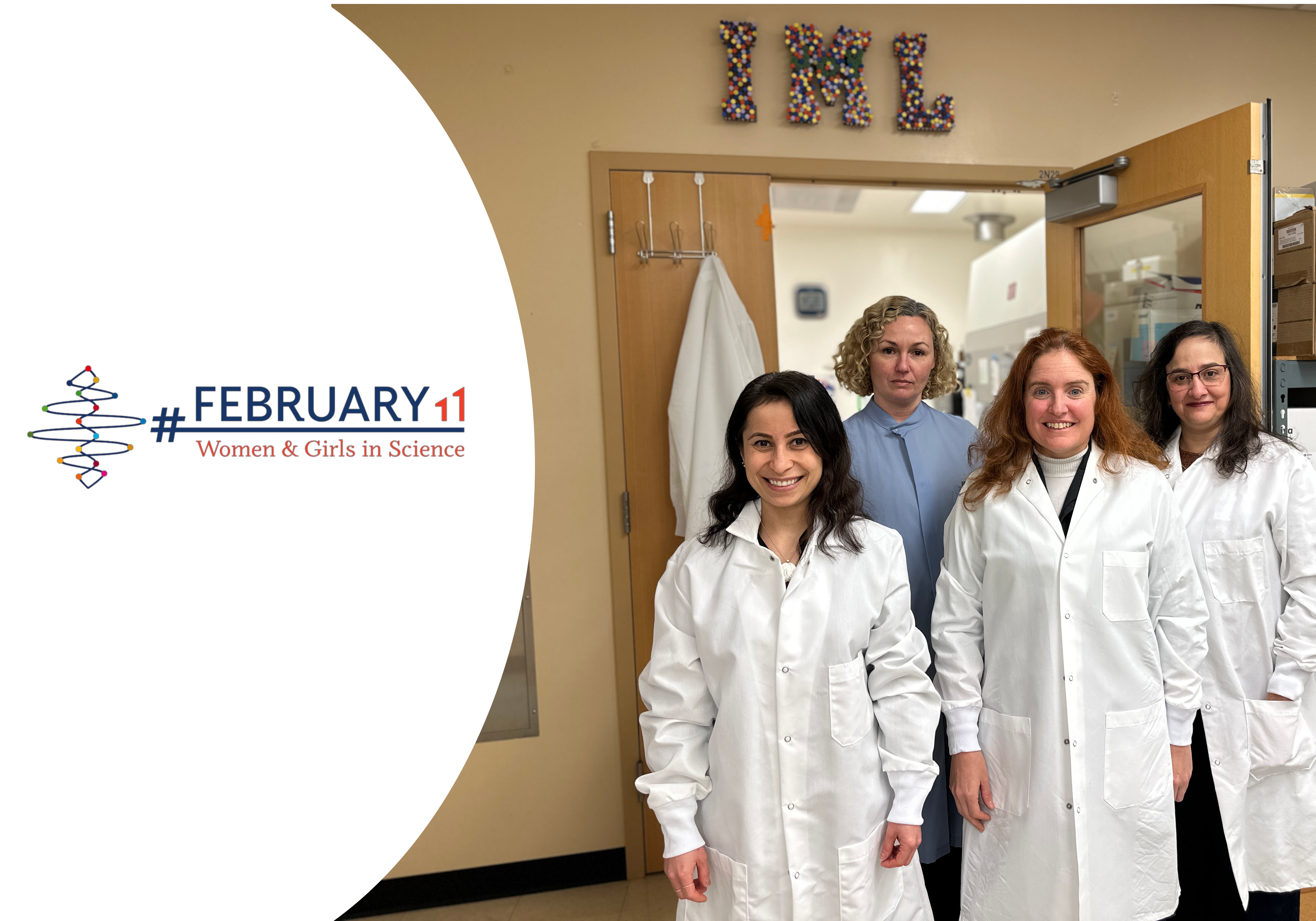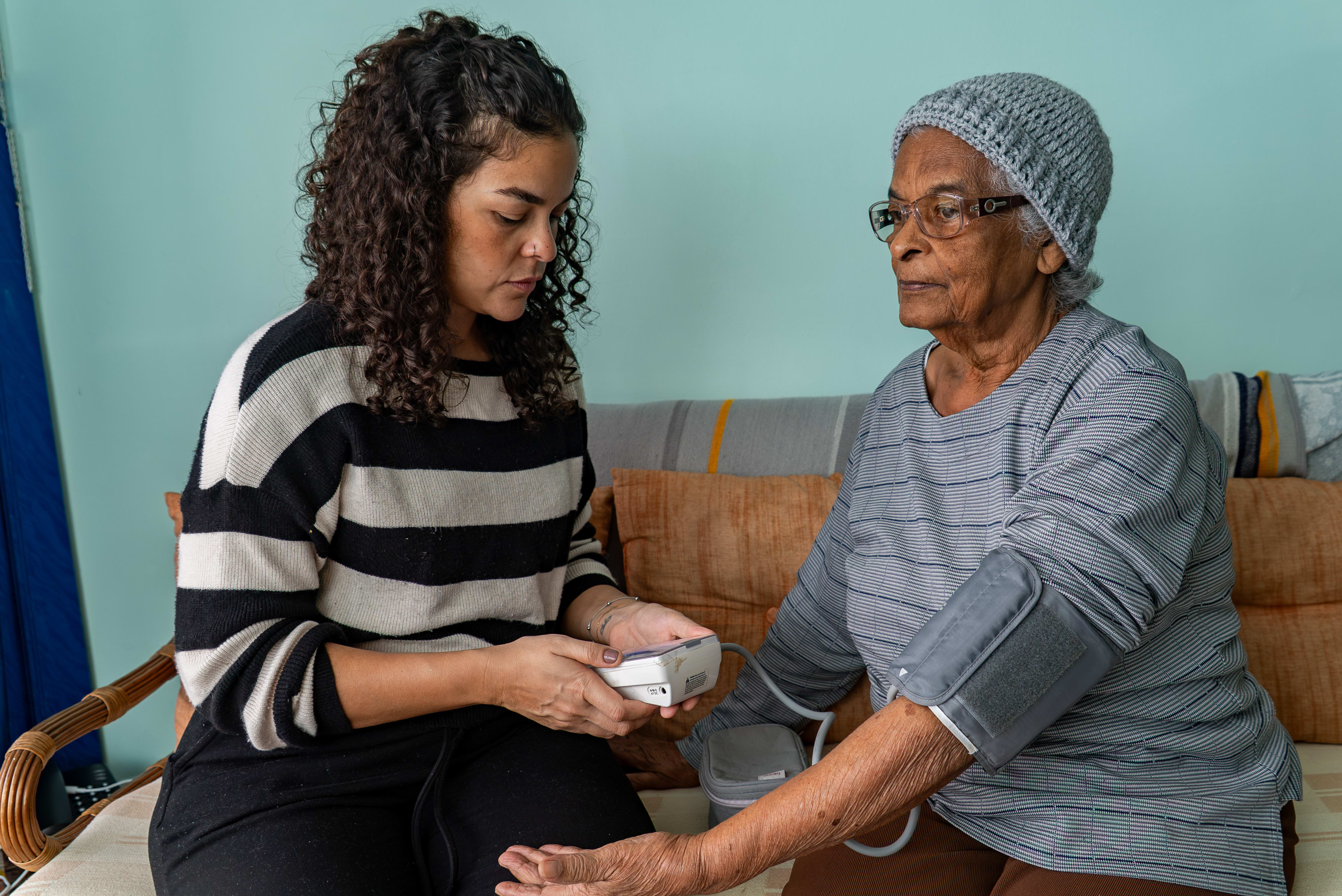Providence forensic nurses care for patients and community
In April 2022, Providence Oregon launched the forensic nurse examiner program that expands the role of our sexual assault nurse examiners who respond when patients are in need of support, compassion and expertise at our facilities.
Forensic nurse examiner nurses respond to sexual abuse cases, and now also violent crimes like strangulation, gunshot wounds and stabbings, as well as neglect, human trafficking and all forms of domestic violence. They work with law enforcement, advocates and the judicial system. They also train other nurses to do it all, as well.
The job is complex, but the objective is clear: Care for patients experiencing unspeakable trauma, while also working to make sure others don’t have to go through similar pain.
“We’re working on putting ourselves out of a job,” says Katie Schafer, RN, forensic nurse examiner program supervisor. “We want to make sure our communities are safer.”
Providence has been committed to making this program a reality, even as the pandemic posed serious logistical challenges for implementation, training and retention.
“Even when COVID was happening, Providence kept moving forward with this model, because aligned with our Mission of helping the poor and vulnerable,” she says. “It’s just a testament to us living our Mission.”
Helene Anderson, regional director of capacity and throughput, says the idea for the program began as an aspiration to provide services that meet the spirit of Providence’s Mission.
“Sadly, the incidence of sexual assault, strangulation and trafficking is on the rise – we knew we this would serve our patients with a more connected experience.” Helene says.
Providence Forensic Examiners from left: Katie Schafer, Susan Carson, Brigitte Montgomery, and Theresa Muncy.
Patient follow-up
The change to forensic nurse examiners allows more dedicated time for nurses to follow up with patients, which wasn’t previously the case. Now, nurses are staffed to develop a rapport with patients and have an opportunity to be there through their journey of healing, both physically and mentally.
Theresa Muncy, RN, says it was disheartening to develop a rapport with a patient, but not have an opportunity to be there through their journey of healing, both physically and mentally.
“Now, I can tell patients that if they feel safe doing so, they can reach out to me, and I will continue to be there for them,” says Theresa Muncy, RN. “I’ve seen a lot of relief on patients’ faces from that.”
It’s rare for health care providers to offer full-time forensic nursing positions. For Theresa, it was a dream job. Her father was a homicide detective, often working to solve cases involving women who were victims of violence. She developed a passion growing up to care for those who may not have a voice.
Brigitte Montgomery, RN, utilizing black light technology as part of her work with our forensic nurse examiners team.
Theresa sees patients during possibly the worst moments of their lives. It’s a tremendous responsibility and she says the goal is to put control back in the hands of the patient. Every single moment of an examination is driven by the patient, to make them feel safe.
“They’re not going to be judged, they’re going to be believed, and they are going to see a nurse who is truly an expert in the field and knows how to take care of them, and they don’t have to be afraid,” says Theresa Muncy, RN.
Gathering and securing evidence is just one of the many tasks undertaken by our forensic nurse examiners.
Why they do it, now and the future
There are currently six forensic nurse examiners at Providence, with openings for more. The team relies on each other for support, and they all come from different professional backgrounds. Katie Shafer, RN, says there are functions of this job that you don’t learn about in nursing school, like working with law enforcement and advocates, being active members of community committees and fostering relationships outside of medical facilities.
“It is a very intense job,” Katie says. “I think it requires a very special individual.”
Savannah Powell, RN, is also a Providence forensic nurse examiner, and she is also the sexual assault nurse examiner program coordinator for Oregon Attorney General’s Sexual Assault Task Force.
Savannah says she is often asked why she does this job. She says the patients are often dealing with a great deal of shame and the unfair stigmas around sexual assault and other violent crimes.
She says the ability to give autonomy back to those patients means they are more likely to trust medical professionals and return for care when needed, both routine and in case of another emergency. That can lead to a healthier future with less risk for long-term complications.
“You are there to take care of them medically, spiritually, mentally and on every level,” Savannah says.
Savannah would like to see a telehealth option implemented one day, as well as the ability to provide even more follow-up care. Katie talks about a clinical setting being the future, providing a safe place for patients in need of specialized care to go and see a forensic nurse examiner.
Theresa wants more people to know about what is already available to them now, including the option of having an anonymous sexual assault kit collected, that won’t be given to law enforcement, and can be held for 60 years.
Susan Carson, RN, using evidence gathering equipment as part of her work as a forensic nurse examiner.
She says these cases don’t discriminate – they could happen to your neighbor, your best friend or someone you’d never expect. And every one of those people should have the opportunity to receive compassionate and dignified care. That’s what makes this work so important.
“Every single patient I’ve ever met has been an incredible soul who has stuck with me,” Theresa says.




